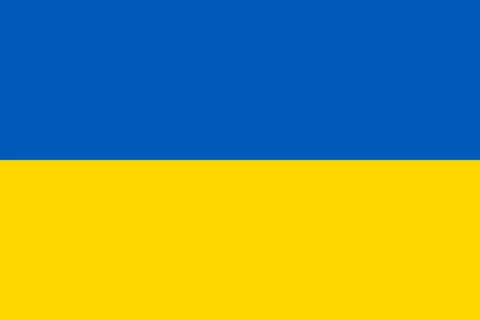
Also for us at Germanwatch, 24 February 2022 has been a watershed. Since that day, war is raging just 800 kilometres from Berlin. Europe's peace order has been fundamentally called into question. A country is invading its neighbour. As we write this, the Russian army is marching towards the Ukrainian coal towns in the Donbass, towns which we at Germanwatch have been working intensively with ever since 2017. Together with our partners, we have been campaigning for a socially just transition of coal regions which is compatible with climate goals and which creates new socio-economic opportunities beyond coal (see the topic page of our Donbass project).
Colleagues of our partner organisations in Kyiv who have become dear to us are now engaged in providing the population with basic necessities. Other partners have found seats on trains or in cars and are leaving the combat zones like millions of other war refugees. Others see no other choice but to take up arms.
Our engagement in Ukraine
For years, Germanwatch has been working with partners in the Donbass and in Kyiv for a Ukrainian-German partnership on climate and coal phase-out and a peaceful, democratic perspective for the country (see here the results of our 2016 fact-finding mission). The German-Ukrainian Energy Partnership, signed by both governments, has been in place since 2020. One of its implementation pillars is cooperation for a socially just coal phase-out. We have supported this important partnership from the very beginning.
In the weeks leading up to 24 February, we had begun to extend the very successful work with the coal towns and their civil society on the Ukrainian side of the contact line in the Donbass to other coal regions of the country. In Kyiv, the government had already established a coal commission, which also included representatives of our coal towns. It was supposed to pave the way for the necessary phase-out of coal. At the climate summit in Glasgow in 2021, the Ukrainian government even announced a coal phase-out by 2035. However, this would require a stronger energy transition partnership with Germany and the EU.
For the time being, all of this is now suspended. However, as soon as the fighting is over, we will resume our work on the ground together with our partners as quickly as possible. For now, we are concentrating on supporting our colleagues from our partner organisations with the essentials - regardless of whether they want to stay or flee. We also pass on information to the German government and the EU. For example on Ukraine’s obviously upcoming electricity grid connection to the EU’s grid.
Don't forget the people in Russia
These days, we are also in exchange with long-standing Russian partners. For more than ten years, we have been working to ensure that Russia and the EU are paving the way for a climate-neutral future together. This could become a real opportunity for Russia's development. Now we hear and read about the encouraging anti-war demonstrations in dozens of Russian cities. We admire the backbone of the protestors, and also that of hundreds of members of the Russian Academy of Sciences, as well as many well-known personalities from Russia's art, sport and cultural life, who speak out against this war in declarations.
Russia is clearly in the midst of her greatest crisis since the 1990s, which many consider to have been a terrible time. The country is probably more divided than ever in its post-Soviet history. But perhaps this war will ultimately lead to a turning point towards a democratic Russia. What is important now is an honest, self-critical analysis on all sides of the causes of the country's condition. A democratic Russia is hard to imagine without reducing the country’s high dependence on fossil fuels. Russia is strongly impacted by the resource curse, which is promoting the tendency towards dictatorship. In recent decades, the EU and the US, amongst others, have cemented this path through their oil and gas hunger. However, Germany and the EU have much to contribute to a post-fossil development path in a repositioned Russia (see a Germanwatch analysis from February 2020).
Germanwatch remains committed to pan-European climate and energy cooperation that facilitates higher levels of peace and security than we are seeing these days.


